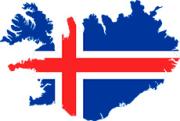
Category:
Time:
Reducing climate footprints and making milk production more sustainable is an urgent need for future dairying. Mitigating methane emission through specific feed practices and feed additives are intensively studied. A new project studies the effect of feed additives including 3-NOP and nitrate as well as fat supplementation on milk quality and functionality. Internationally, dairy labels based on grass-fed dairy cows have increasing market shares, and result from a Danish herd with 100% grass-feeding have documented higher milk vitamin contents and improved ω-3/ω-6 ratio. Furthermore, regulations demand a better monitoring of the N and P flow from farms to the environment, and optimizing protein supplementation in feed may go hand in hand with a growing interest for phasing out imported soy, and secure a more self-sufficient feed production for dairy cows. However, from a milk perspective, changes in N/P supplementation may also affect the protein-mineral balance in milk and thereby affect milk functionalities. Our primary aims are to document how these emerging strategies affect milk composition and functionality, and to secure that milk quality is not compromised in the search for more sustainable solutions for dairy production systems.
Co-authors:
Gayani M. S. Lokuge, Lars Wiking, Lotte Bach Larsen.
Department of Food Science, Aarhus University
Bart Buitenhuis
Center for Quantitative Genetics and Genomics, Aarhus University
Morten Maigaard, Peter Lund, Marianne Johansen
Department of Animal Science, Aarhus University

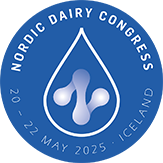






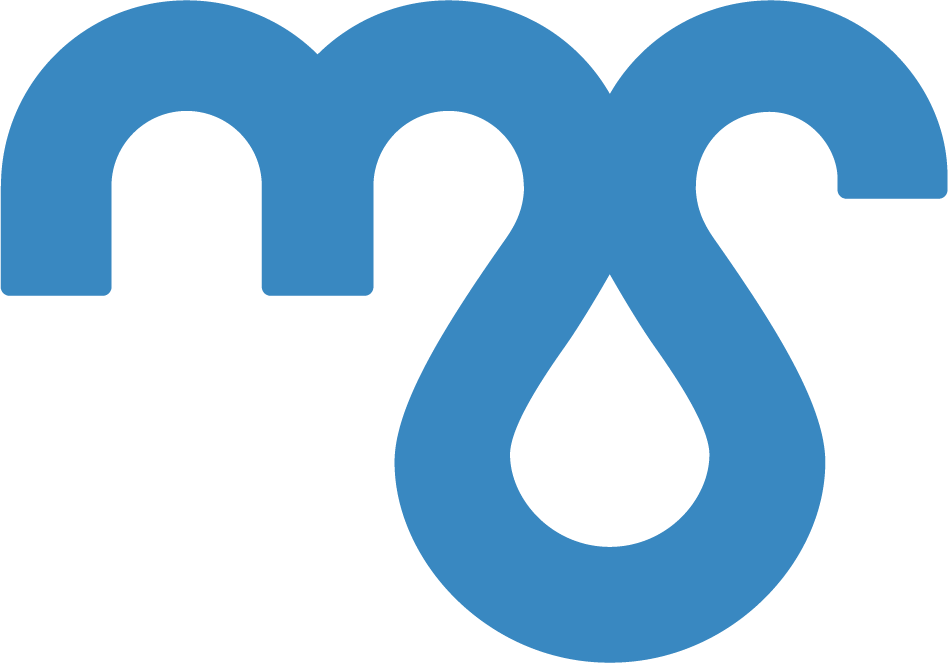
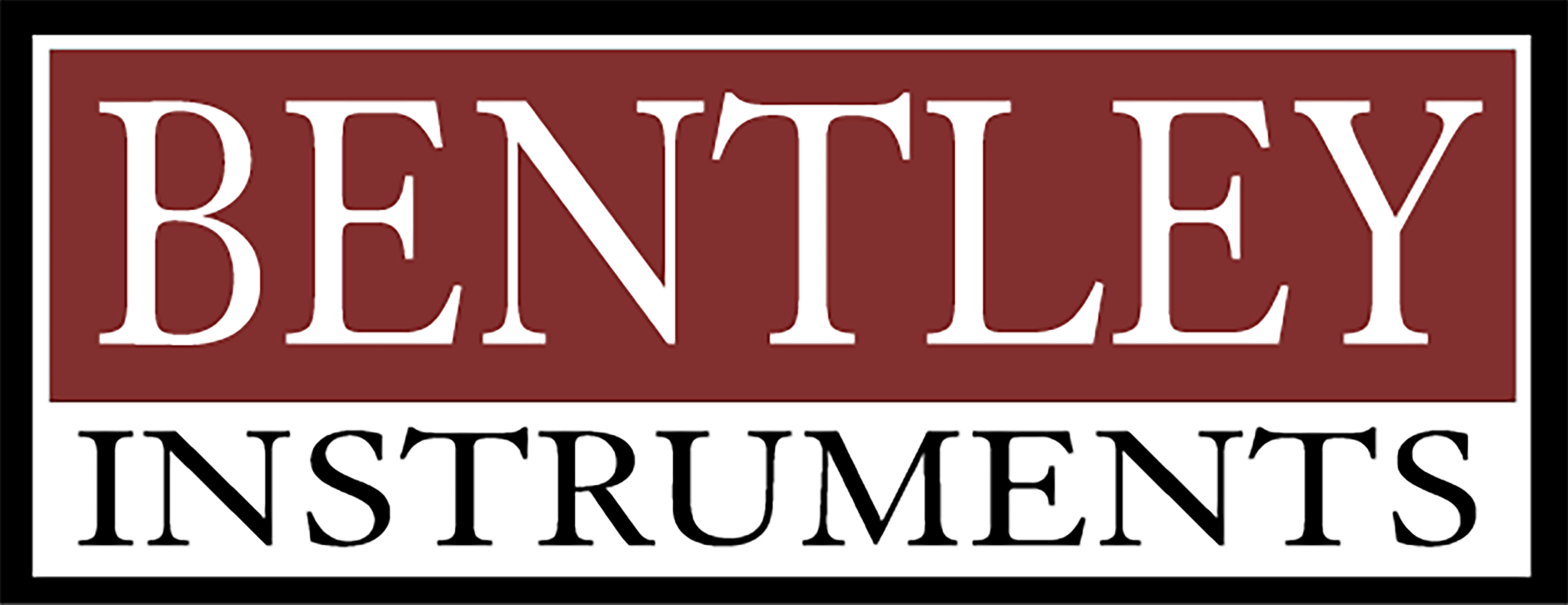
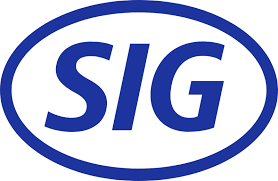



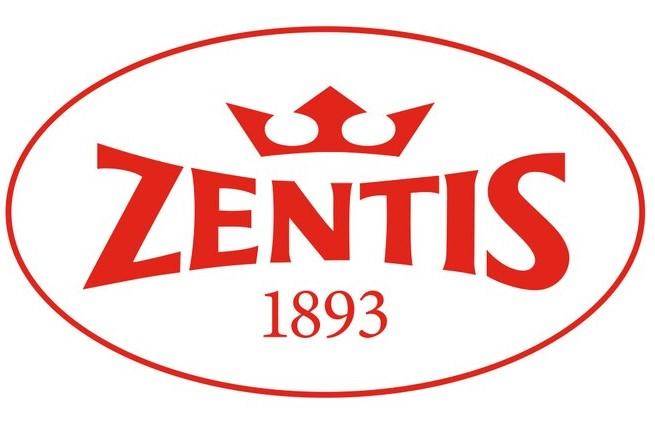
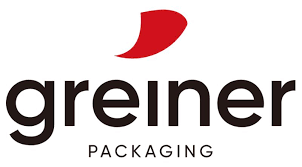
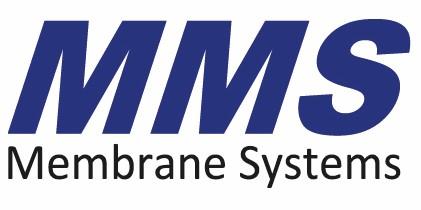


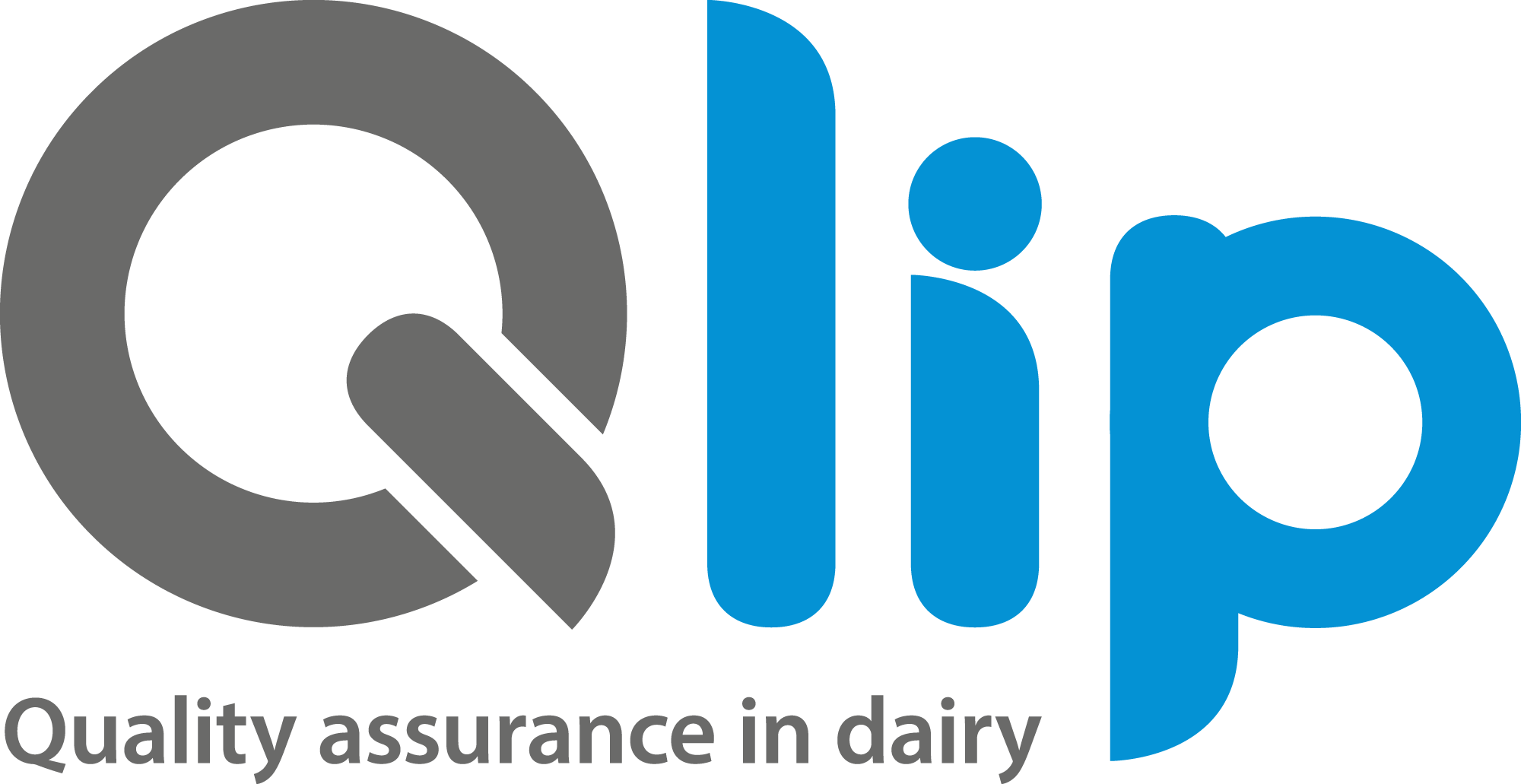
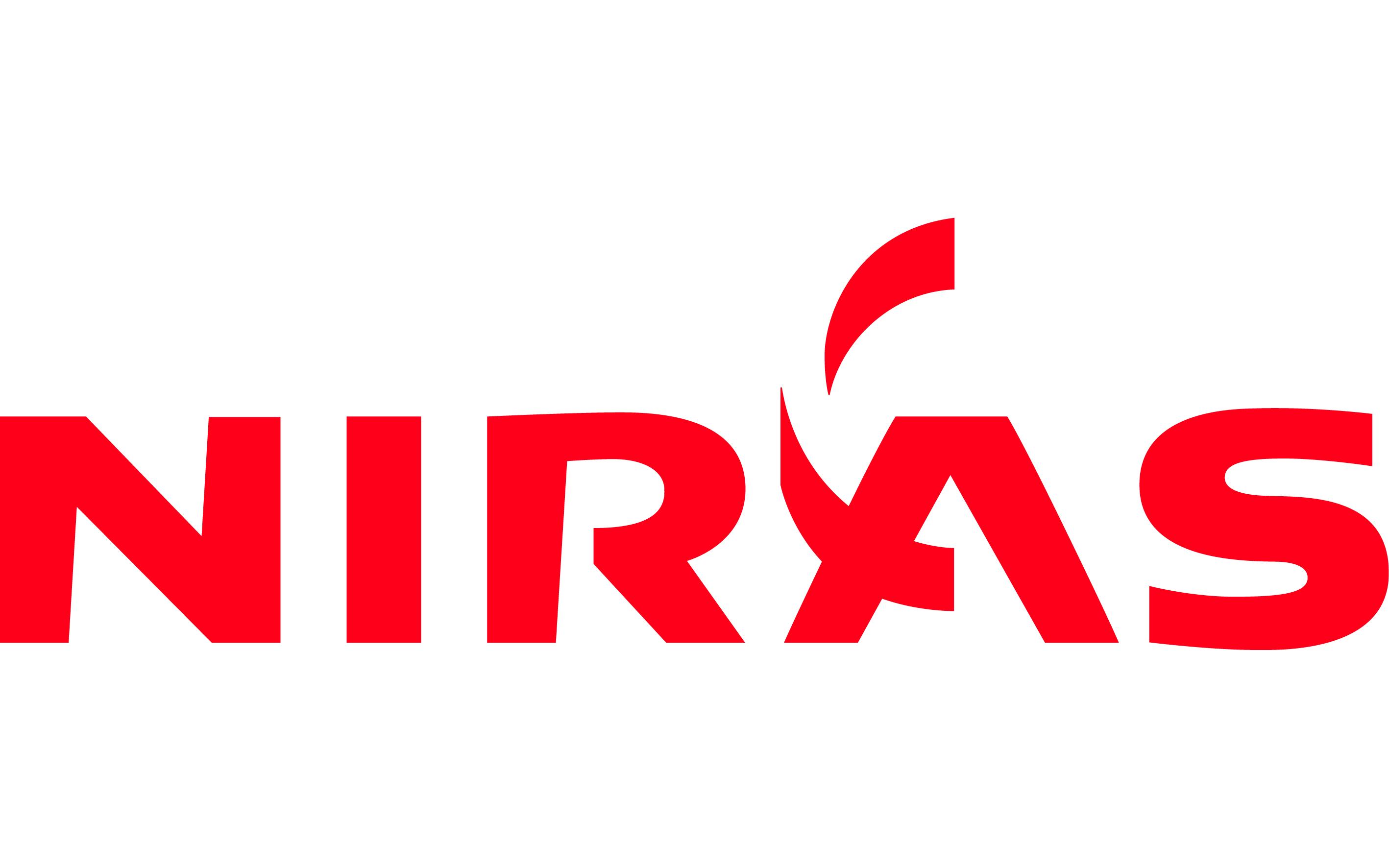
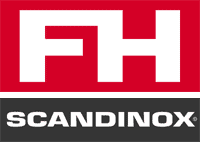

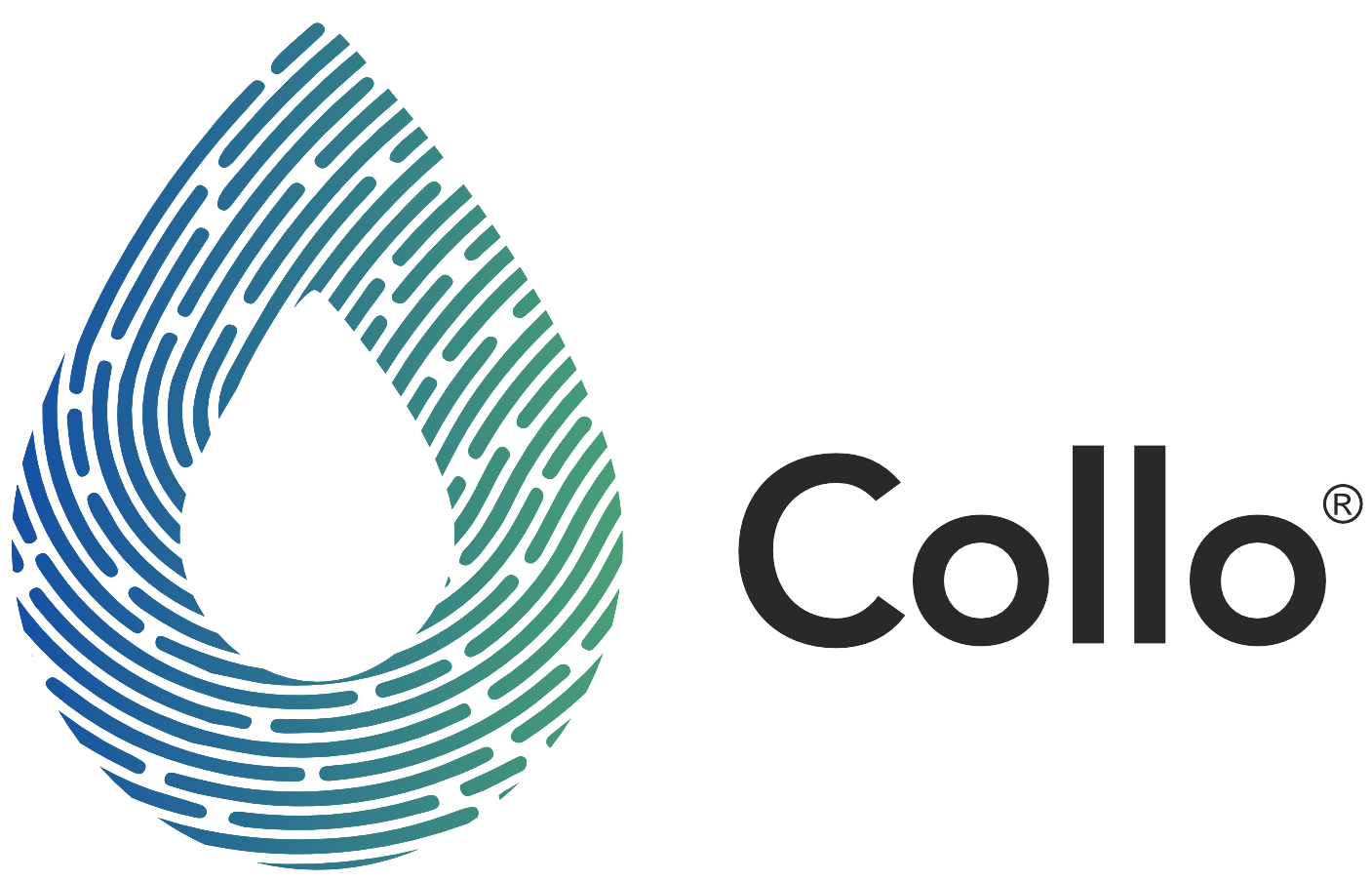
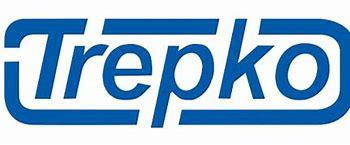




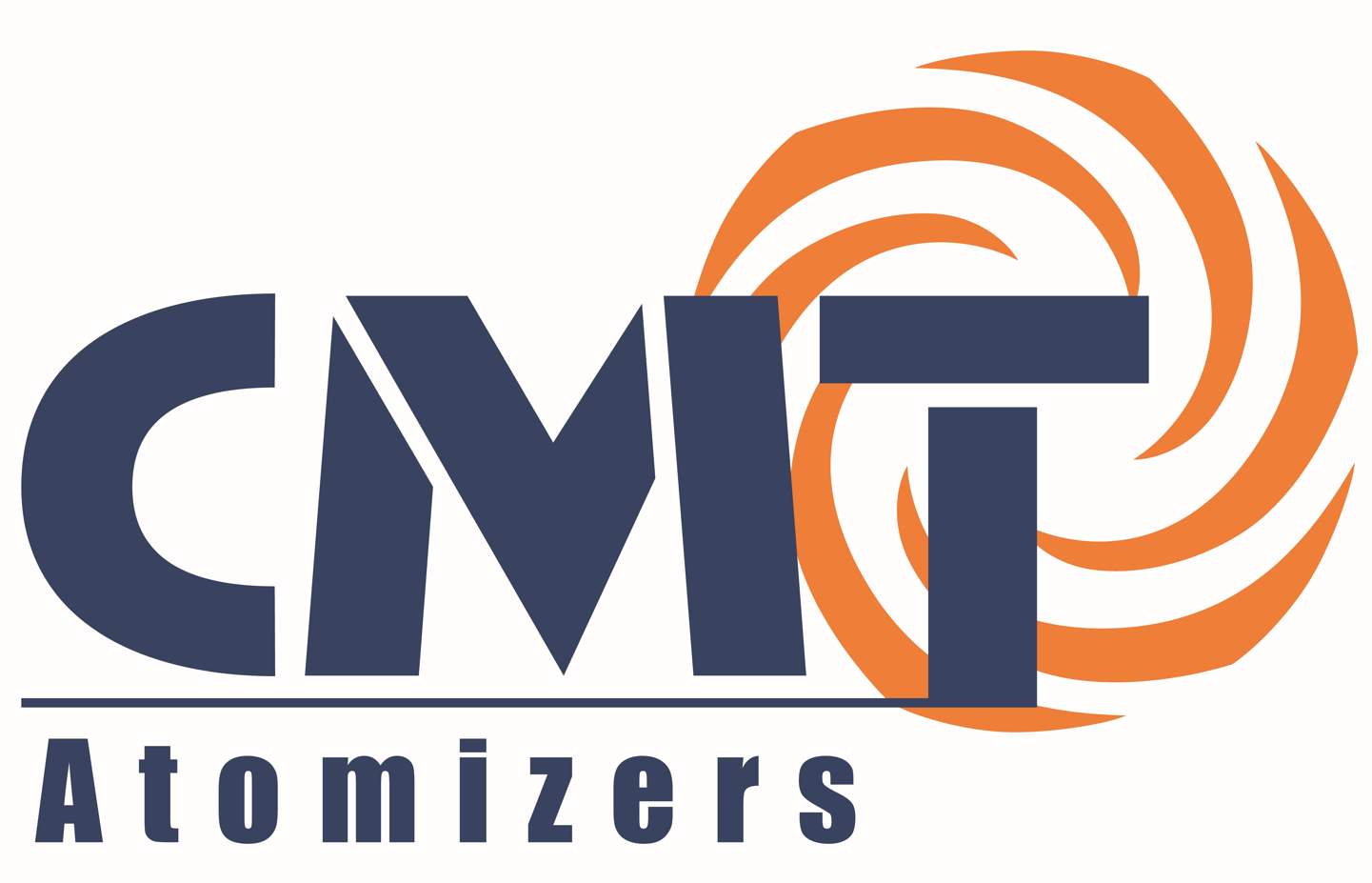
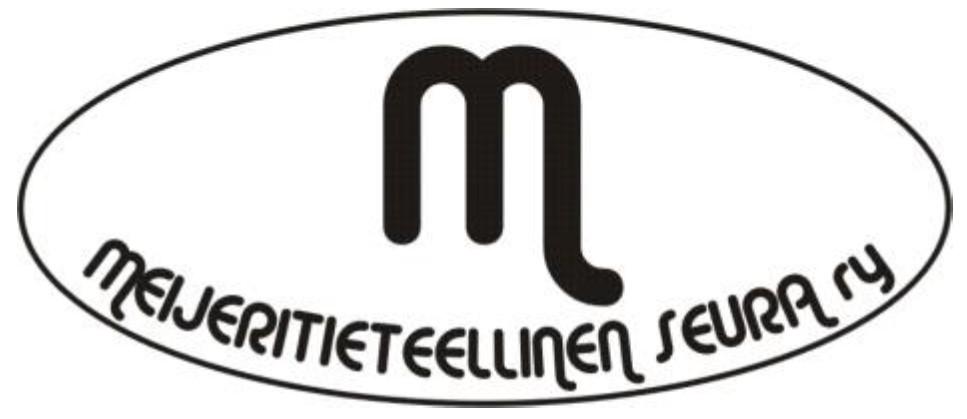
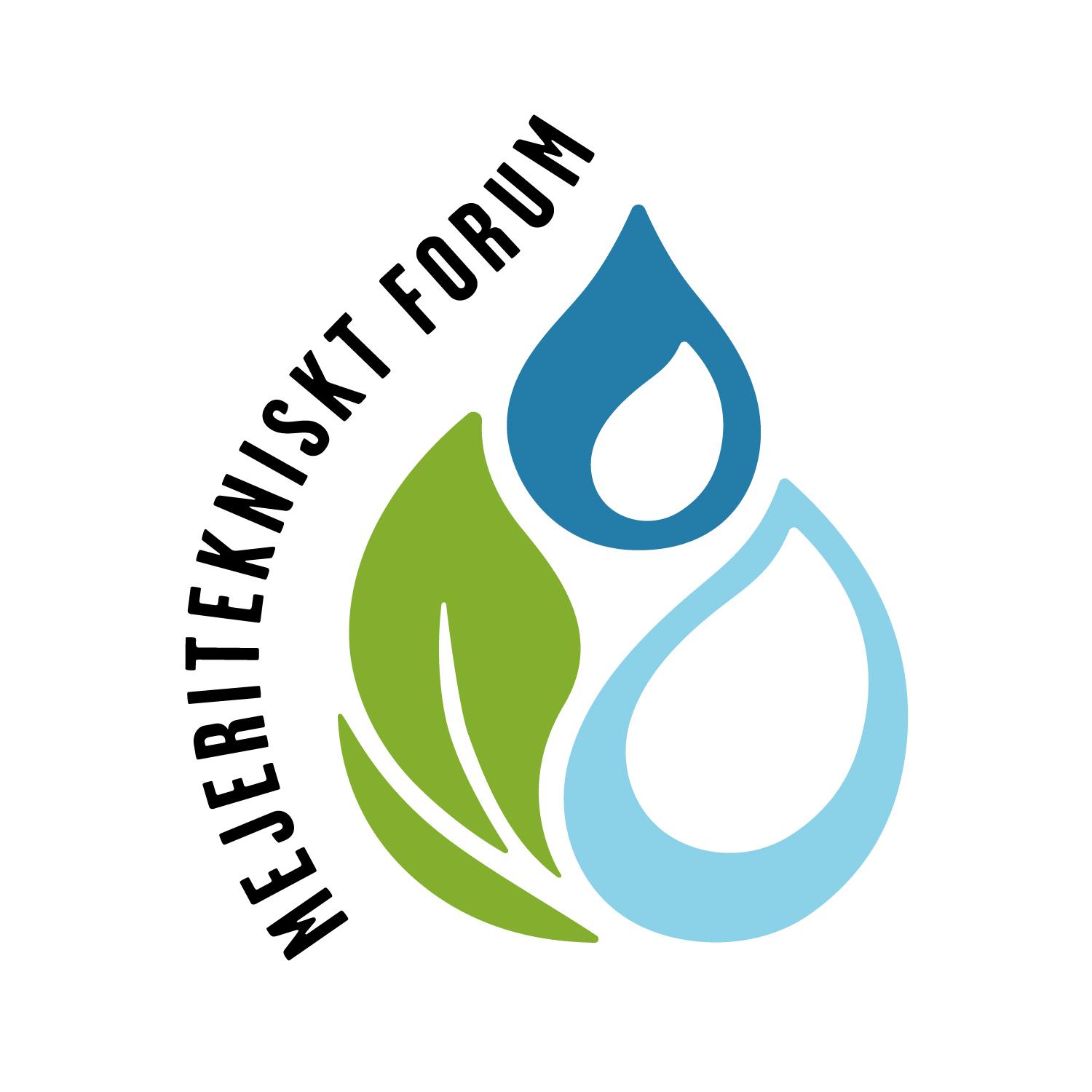
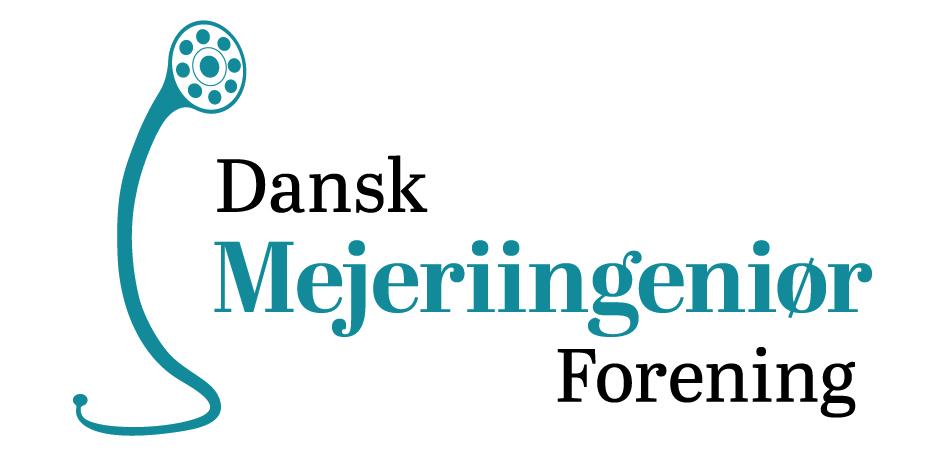
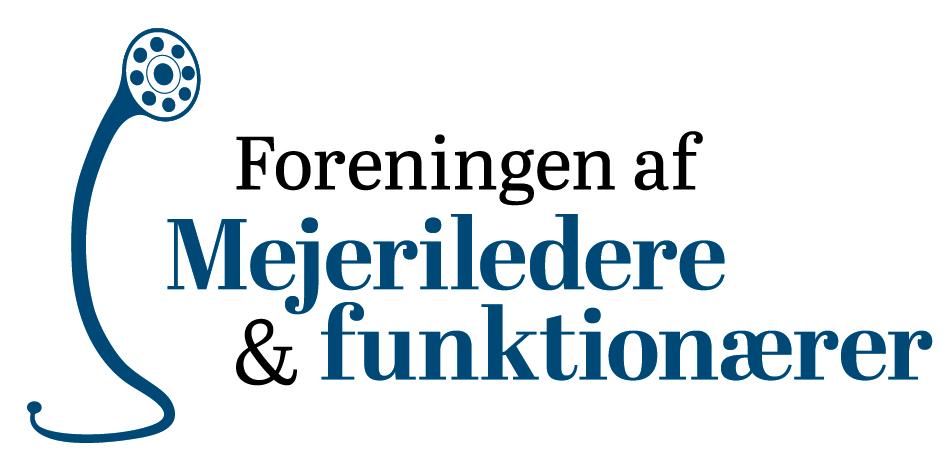



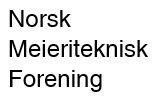
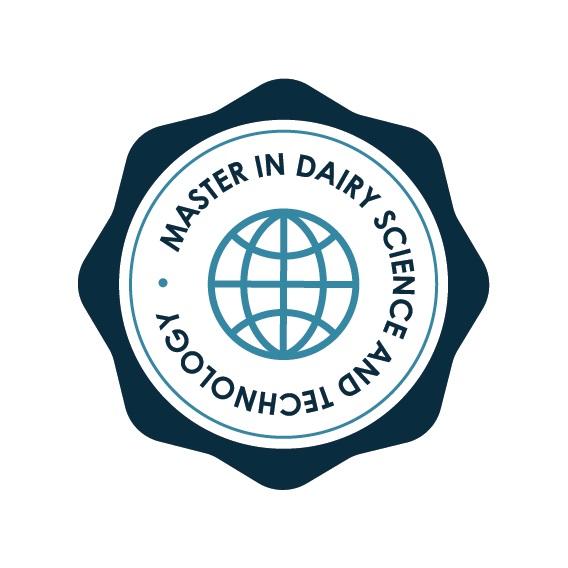
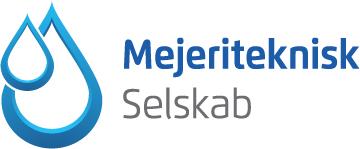

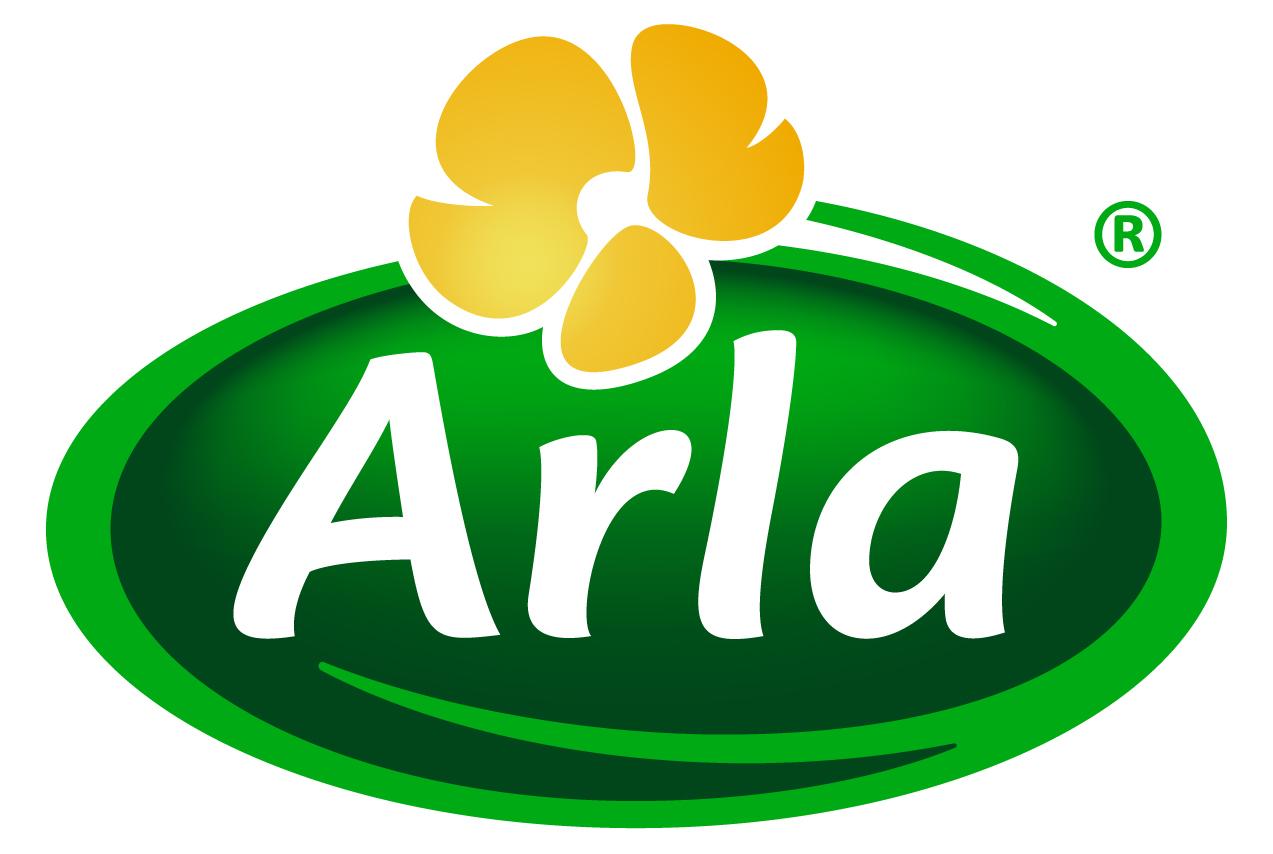

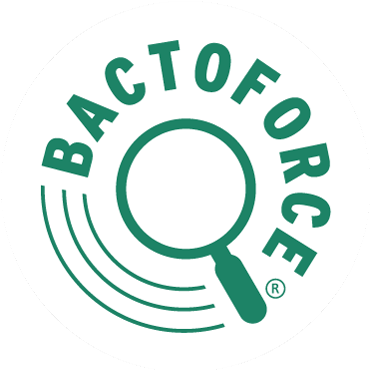

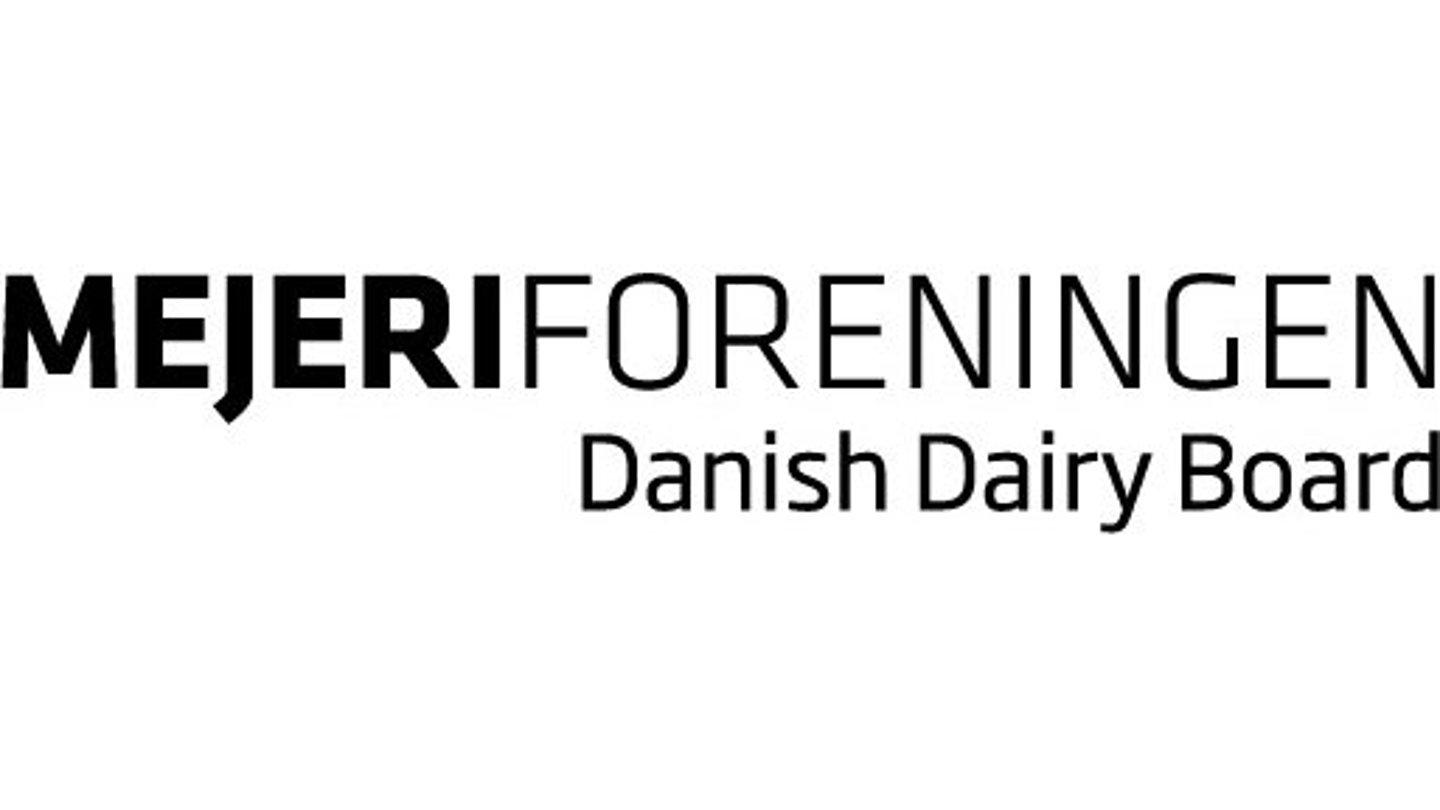
 Munkehatten 28
Munkehatten 28